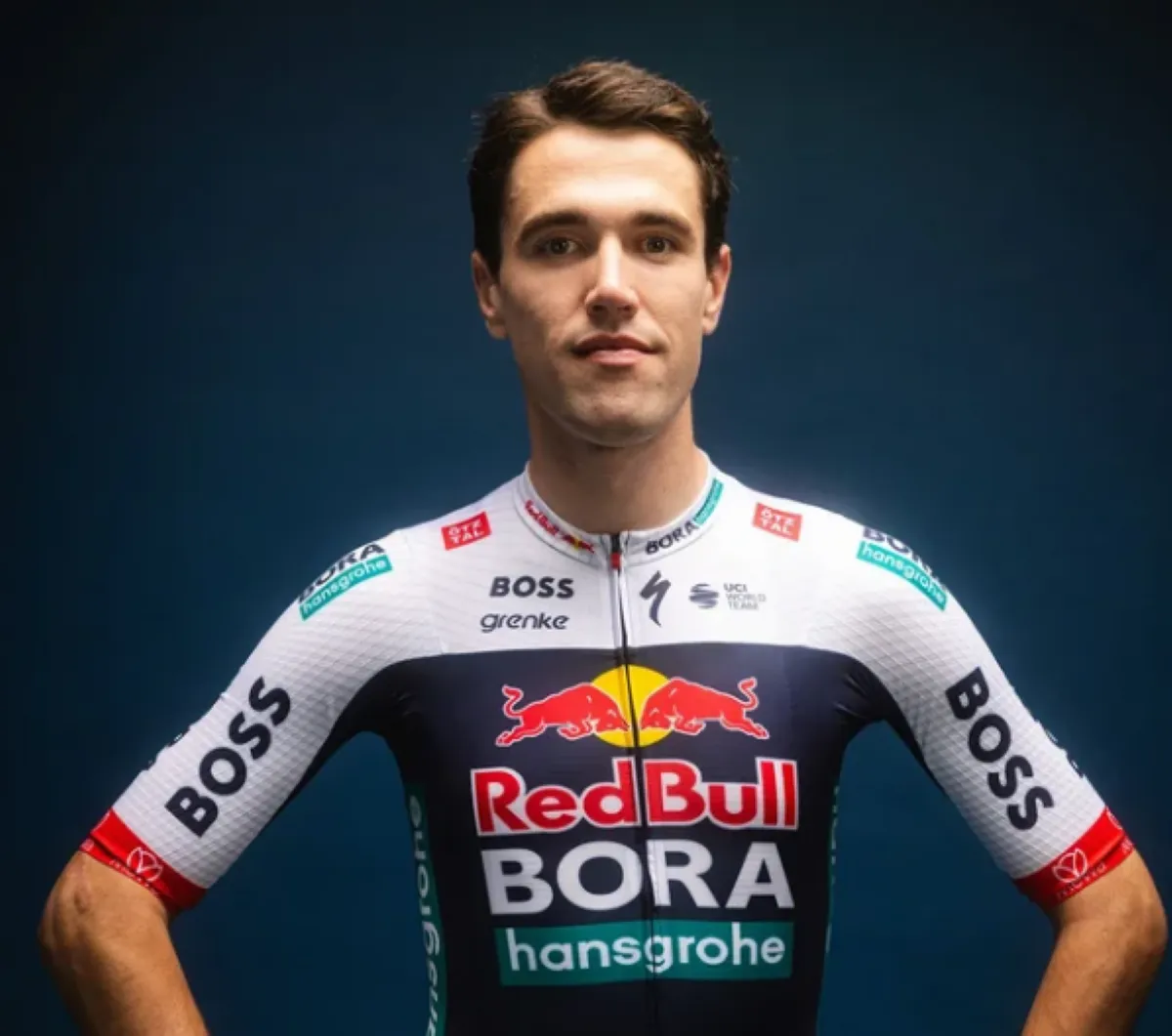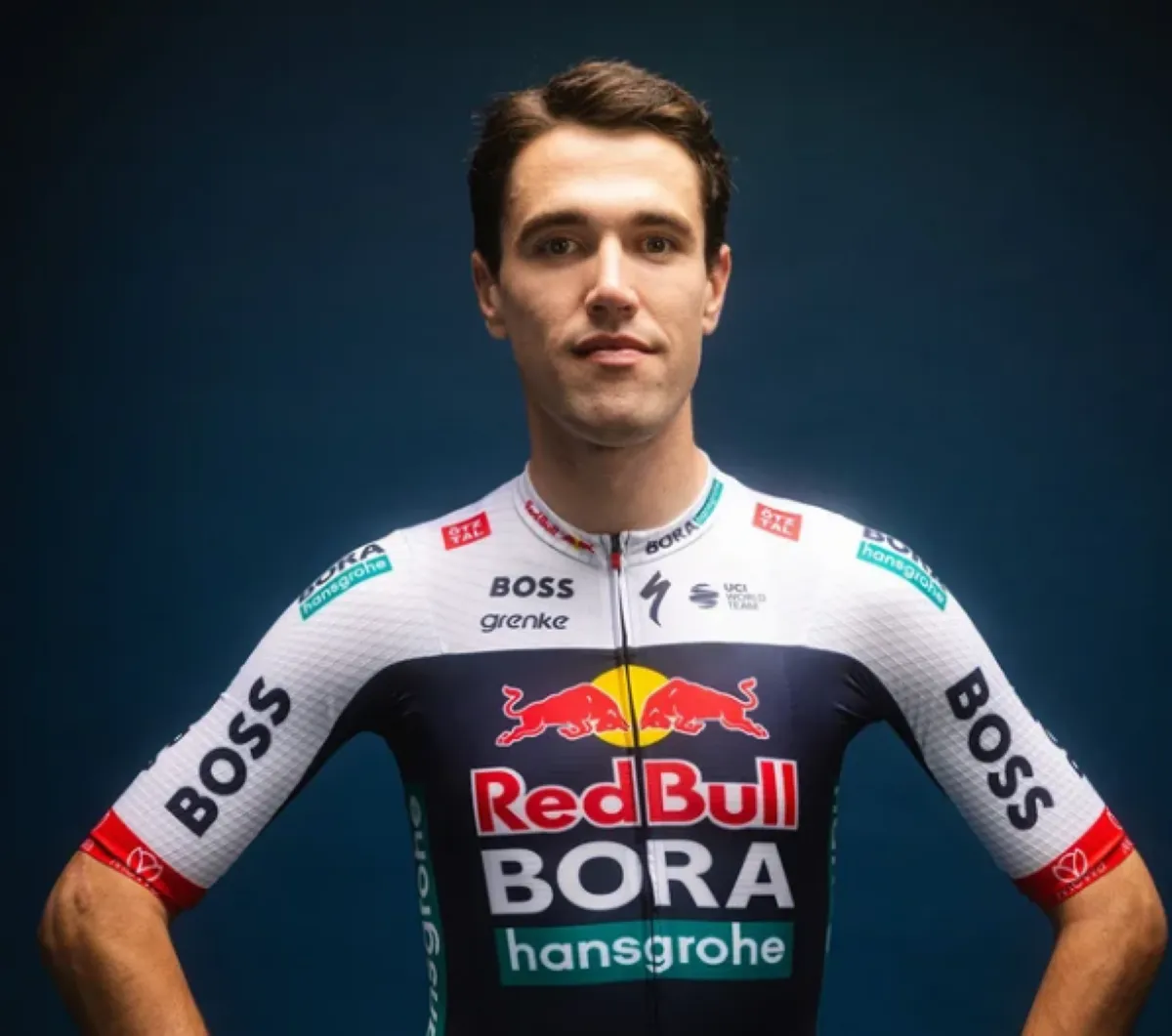Johan Bruyneel questions UCI biological passport after Lazkano: “They never do this with big names”
CyclingSunday, 09 November 2025 at 14:45
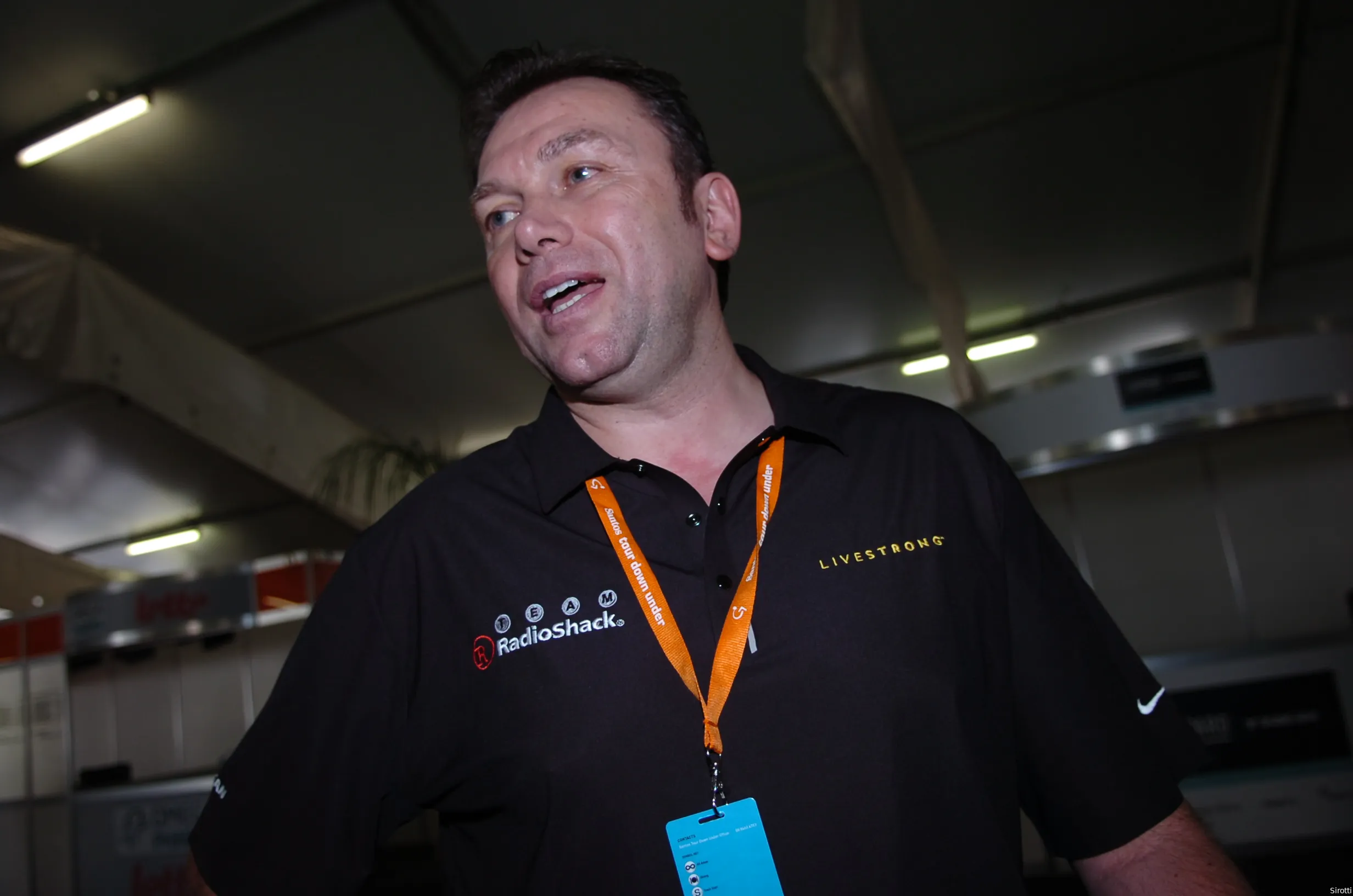
After Oier Lazkano was provisionally suspended by the UCI over irregular values in his biological passport — a development that led Red Bull–BORA‑hansgrohe to terminate his contract — the anti‑doping system is back under the microscope. Speaking on his podcast TheMove, Johan Bruyneel shared a critical take on how the passport is being applied.
ADVERTISEMENT
Lazkano never returned a positive dopingtest, but anomalies were found in his biological passport, consequentially, he was suspended, and his contract at Red Bull-BORA-hansgrohe terminated. Bruyneel questions if that is fair. "I support the biological passport, but it’s strange to see it being used to suspend athletes."
"Usually people were not suspended until years later," the Belgian also shares. "Four years years ago they suspended Juan José Cobo, the winner of the 2011 Vuelta, i think." The Spaniard retired a while ago, and didn't have the means to fight back. That's a pattern. "They never do this with big names, who have a lot of financial resources. And there's a reason no big big champion with a lot of money has been put in this situation. Because then it falls, it's not going to stand."
ADVERTISEMENT
The big names are not caught. "With smaller fish, the passport is used, like with Lazkano. They really do their homework - how long and hard is this guy going to fight this? It costs a lot of money. You will lose against the panel, the experts, they are on board and you will not change their opinion. Then you have to go to the CAS (Court of Arbitration for Sport, ed.) ... it's going to take 3 years."
Continue reading below the photo!
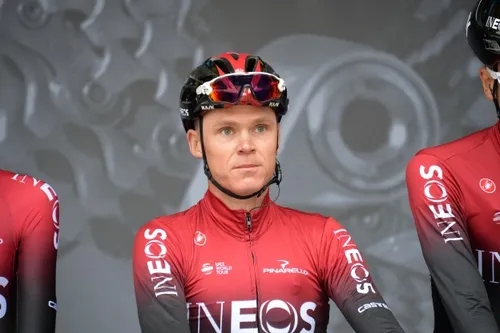
ADVERTISEMENT
Froome tested positive: 'Accidentally leaked by President of UCI'
As an illustration, Bruyneel referenced the case of Chris Froome, who tested positive for elevated salbutamol during the 2017 Vuelta a España but was ultimately cleared. "Then it was Salbutamol through an inhaler. He had tested positive, but he had great lawyers. The UCI dropped the case. And it supposed to be public: the President of the UCI by mistake leaked it."
Stars like Froome have more than enough financial resources to challenge decisions, while normal domestiques - and even winners like Lazkano, do not.. That's what the biological passport was created for, Bruyneel argues. 'What I know for sure is that the UCI assessed the situation. Once they decide they push forward, they know they have - considering the circumstances - a strong case, because the guy is not going to fight it."
Continue reading below the photo!
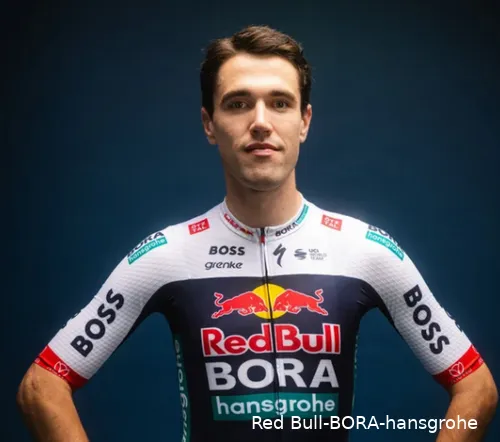
ADVERTISEMENT
Many positive testers at UCI: 'Pick and choose'
Bruyneel has been at odds with anti-doping agencies and the UCI for years. He sees a painful pattern at the International Cycling Federation. 'Katerina Nash, a mountainbiker, tested positive for something I do not know what. Her explanation was she got contaminated by medication for her dog," he laughs. "That was accepted by my good friend Travis Tygart (CEO of USADA). She is now vice president of the UCI."
She is not the only one that tested positive and to got a job at the UCI. "Peter Van Den Abeele was a cyclocross rider, and he tested positive in 1993," Bruyneel also reports. "Now he's UCI's No. 3. Pick and choose." Additionally, Bruyneel mentions the doping case involving Toon Aerts, who - despite contamination, like Nash - was not acquitted.
In closing, Bruyneel reiterated that he supports the passport in principle — provided it’s used for its intended purpose. "
“I’m in favour of the biological passport, and it brought major change to the sport. But it needs to be used for its purpose.”
Read also
ADVERTISEMENT
IDL-productions
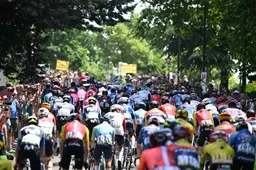
Vacancy: Growth Editor IDL Procycling - (native) English
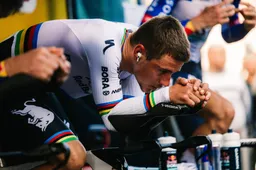
Favorites stage 2 UAE Tour 2026 | Remco Evenepoel can respond to Isaac del Toro
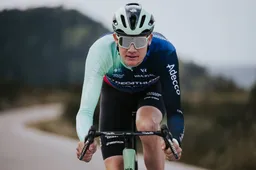
Daan Hoole starts first Decathlon CMA-CGM race without Olav Kooij: “The work is still the same”
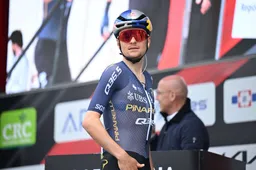
Preview Clasica Jaén 2026 | Pidcock and company set for Spanish gravel and mud
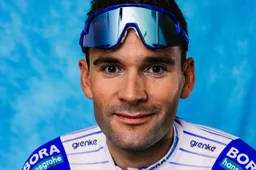
Gianni Vermeersch grateful to the Roodhooft brothers after Red Bull transfer: “It shows they’re doing a lot of things right”
Latest Cycling News

Vacancy: Growth Editor IDL Procycling - (native) English
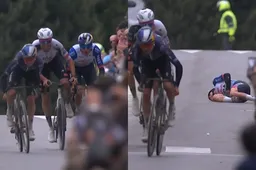
Maxim Van Gils crashes heavily after clash with Jan Christen in sprint for second at Clásica Jaén
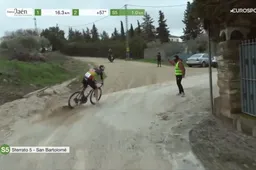
Pidcock arrives too late in Spanish gravel thriller as Wellens pulls off “Pogačar-style” win

Tulett’s smart move for Visma | Lease a Bike in UAE Tour: “We took the initiative and were rewarded”
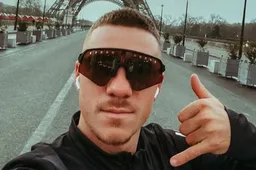
Evenepoel far from panicking after Del Toro’s early strike: “Good for him and his team”
Popular Cycling News
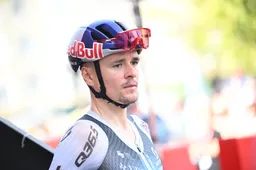
Tom Pidcock: “UAE rode the perfect race”
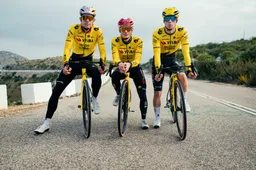
Vingegaard in a Classic, Van Aert as sports director? Visma | Lease a Bike deliver a brilliant new video
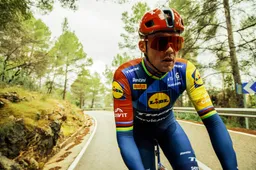
Mads Pedersen delivers worrying medical update ahead of the Spring Classics
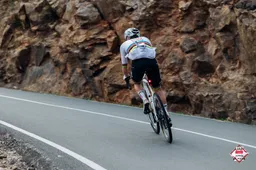
UAE manager warns rivals about an even better Tadej Pogačar, and Strava numbers seem to back it up

Pidcock arrives too late in Spanish gravel thriller as Wellens pulls off “Pogačar-style” win
Latest Comments
- They were close to cracking a very tired Tadej that wasn't fully focused on the TdF with a team of riders focused solely on cracking Tadej. And if they cracked him, he would have still won. Tadej won't be racing the giro this year. It'll be an even easier win for him.Veganpotter09-02-2026
- Nice!Bea22-01-2026
- Those events are mental rest for him. Fun, without expectations. *Sagan lost his abilities because he gained weight and got lazy. Pogi will likely retire before that has a chance at happening.Veganpotter14-12-2025
- Ah, the consequences of riding for Israel.Veganpotter11-12-2025
- Pidcock could follow everyone but Pogi while finishing 3rd. No second place rider this season😃Veganpotter16-11-2025
- Now the Palestinian protestors can stop their whining. Trump came to the rescue. So they can now STFU and go back to waving the rainbow flags.raufus15-10-2025
- Cracked the code lol. If it was that easy to 'crack the code' jonny Vegas would be charging up the Kwaremont giving Pog a dose of his medicine. Evenepoel can't match pog on a climb and neither can mvdp. Anything with a half difficult climb and Pog smashes the field. Even on flat(ish)parcours like Roubaix it came down to a mistake and crash by pog to definitively crown mvdp. MSR is the only one that Pog probably won't win.kevpt10-10-2025
- We've seen this movie before. I think Pogacar is doping.DeadBlow10-10-2025
- 👍Bea08-10-2025
- 👌🏻Bea08-10-2025
Loading
